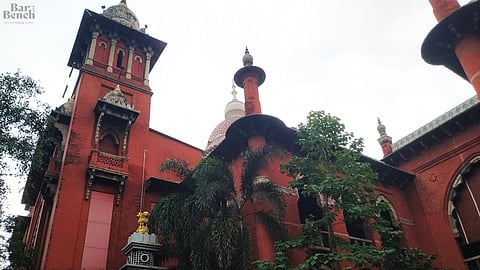
- News
- Columns
- Interviews
- Law Firms
- Apprentice Lawyer
- Legal Jobs
- हिंदी
- ಕನ್ನಡ

The Madras High Court recently held that wild animals are the wealth of the nation and neither the Central nor State government or anyone else can claim ownership over them. [A Viswanathan v. State of Tamil Nadu]